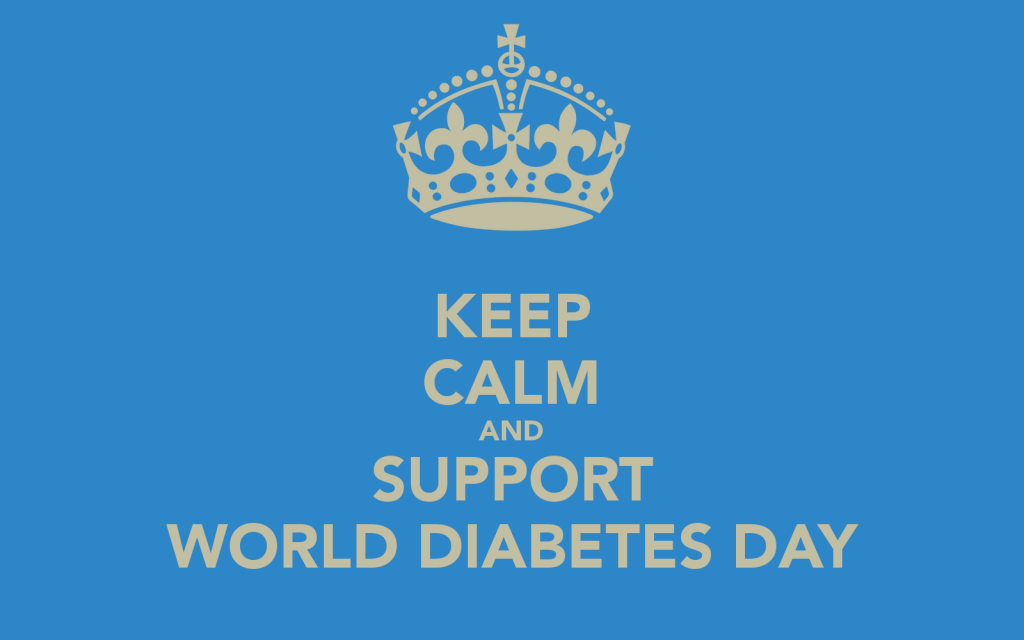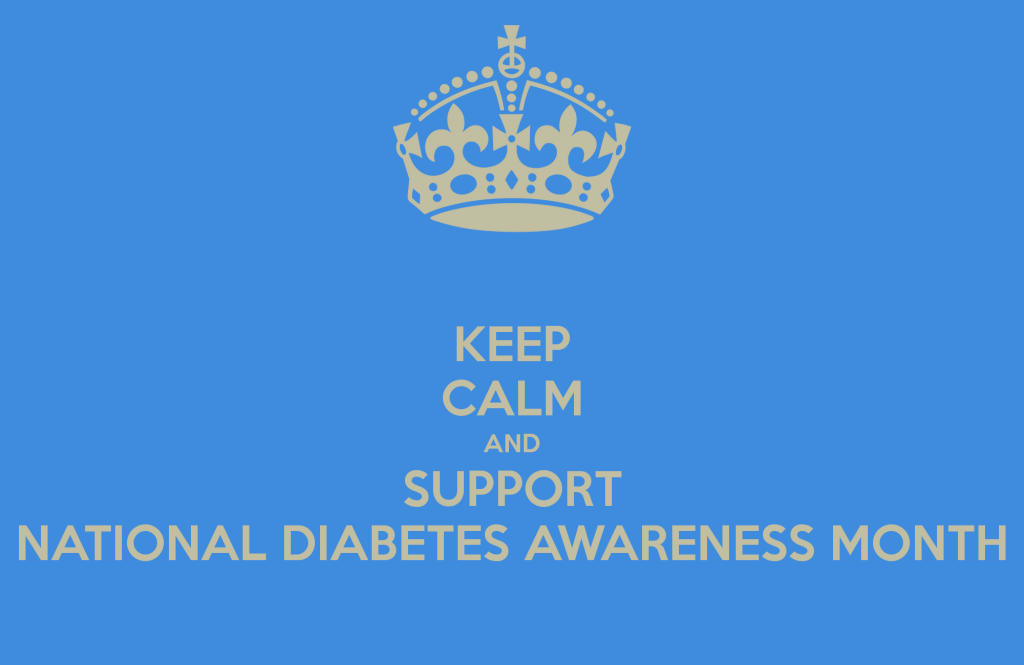That was a bit over the top as a question but perhaps I should explain further. A couple of weeks

Bitter Gourd Kerela – from http://www.freestockphotosclub.com/food/fresh-high-quality-bitter-gourd-image/
ago when I was checking one of our Facebook communities I came across a post about bitter gourd and diabetes. Sadly I did not have time to check the article out there and then and subsequently was not able to find it. If you think you know which one I’m referring to and have the link please do put it in the comments box below.
I have to say I was very interested in the article for the very simple reason I love bitter gourd. I first had it in a Lahore-style restaurant in a bitter gourd and mutton curry. After a trip to India where it is very popular I must say I was hooked.
I should mention that the name bitter gourd is a bit of a misnomer. Its bitterness level is pretty similar to chicory. The flavour is quite similar to courgettes or zucchini with a hint of bitterness. This to make sure that the name does not put you off trying this fantastic vegetable.
The reason for this blog is a bit self-indulgent. I’m interested in the health benefits of anything I really like and the article I spotted whetted my appetite (literally). So I decided to find out what were the health benefits of bitter gourd.
I have to say I was very pleasantly surprised.
- In many Asian and African societies it is used as a treatment for stomach ache. Being high in fibre it can help with keeping the bowels in regular shape.
- High in Vitamin C it is also low in calories so great as part of a weight loss diet.
- In Togo it is used as a way of combatting worms in the digestive system.
- Apparently it works well for skin conditions.
- It is a great source of anti-oxidants. For more information about anti-oxidants please go to https://patienttalk.org/?p=252
- Perhaps most importantly evidence suggests it has a role to play in reducing blood sugar levels. This means that it can be useful in the treatment of Type 2 Diabetes. For a bit more information please go to http://www.diabetes.co.uk/natural-therapies/bitter-melon.html
So can I suggest you track it down as it is a great addition to any diet? Normally I get mine from a nearby Asian market but I expect that, depending where you live, they will now be available in many supermarkets.
As a side bit of information they are also known as bitter melons or karela. For my money they certainly fit the bill as a superfood. So can I encourage you to try them?
So how do I cook them I hear you cry? Simple I reply. Apart from curries I actually don’t know. This is why I’m turning to you. Do you know of any decent recipes? Please feel free to use the comments box below to add them or just provide a link to one on line.
All suggestions gratefully received.
Thanks very much in advance.



